Addiction Helpline America provides access to 91 drug rehab centers in Delaware. These facilities offer a range of options, including inpatient programs, outpatient services, and medication-assisted treatment. Our comprehensive directory helps you find licensed and accredited treatment centers throughout Delaware, ensuring you receive the support needed for your recovery journey.

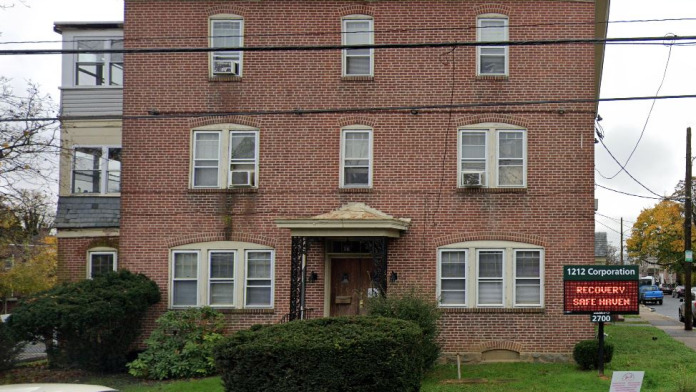 | 1212 Corporation1212 Corporation in Wilmington, Delaware, is dedicated to providing effective alcoholism treatment programs aimed at helping individuals achieve lasting recovery. With a rating of 3.7 based on 6 Google reviews, we focus on offering personalized care and support tailored to each individual\'s unique journey. Our comprehensive approach includes counseling, support groups, and educational resources designed to empower individuals in their recovery process. At 1212 Corporation, we are committed to creating a safe and supportive environment where individuals can work towards overcoming addiction and rebuilding their lives. Join us in taking the first step towards a healthier, alcohol-free future. 2700 Washington St, Wilmington, DE 19802 | Levels of Care:12-StepoutpatientSober Living HomesAftercare Support Payment Options:Self-pay options | ||
 | 436th Medical Group Dover Air Force BaseThe 436th Medical Group is located at 300 Tuskegee St, Dover Air Force Base, DE 19902. This vital medical facility is dedicated to delivering high-quality healthcare services to military personnel and their families. The group offers a wide range of medical services, including primary care, specialty care, mental health support, and preventive health programs. With a commitment to excellence, the 436th Medical Group focuses on ensuring the well-being of its patients, promoting readiness, and enhancing the overall health of the community. Our team of skilled healthcare professionals is dedicated to providing compassionate care and support to those who serve our nation. 300 Tuskegee St, Dover AFB, DE 19902 | Levels of Care:outpatient Payment Options:Free |  | |
 | A Balanced Reality - ABR CounselingA Balanced Reality - ABR Counseling is a dedicated counseling service that has achieved a perfect 5.0 rating based on 2 Google reviews. Our mission is to provide compassionate and professional counseling to individuals seeking support for personal development, mental health challenges, and emotional well-being. We focus on creating a safe and nurturing environment where clients can explore their thoughts and feelings, gain insight, and develop strategies for positive change. At ABR Counseling, we believe in the transformative power of therapy and are committed to helping our clients achieve a balanced and fulfilling life. Closed: Please See Nearby Facilities | Levels of Care:outpatient Payment Options:Medicaid Private insurance Self-Pay Options Financial Aid Medicare Military Insurance | ||
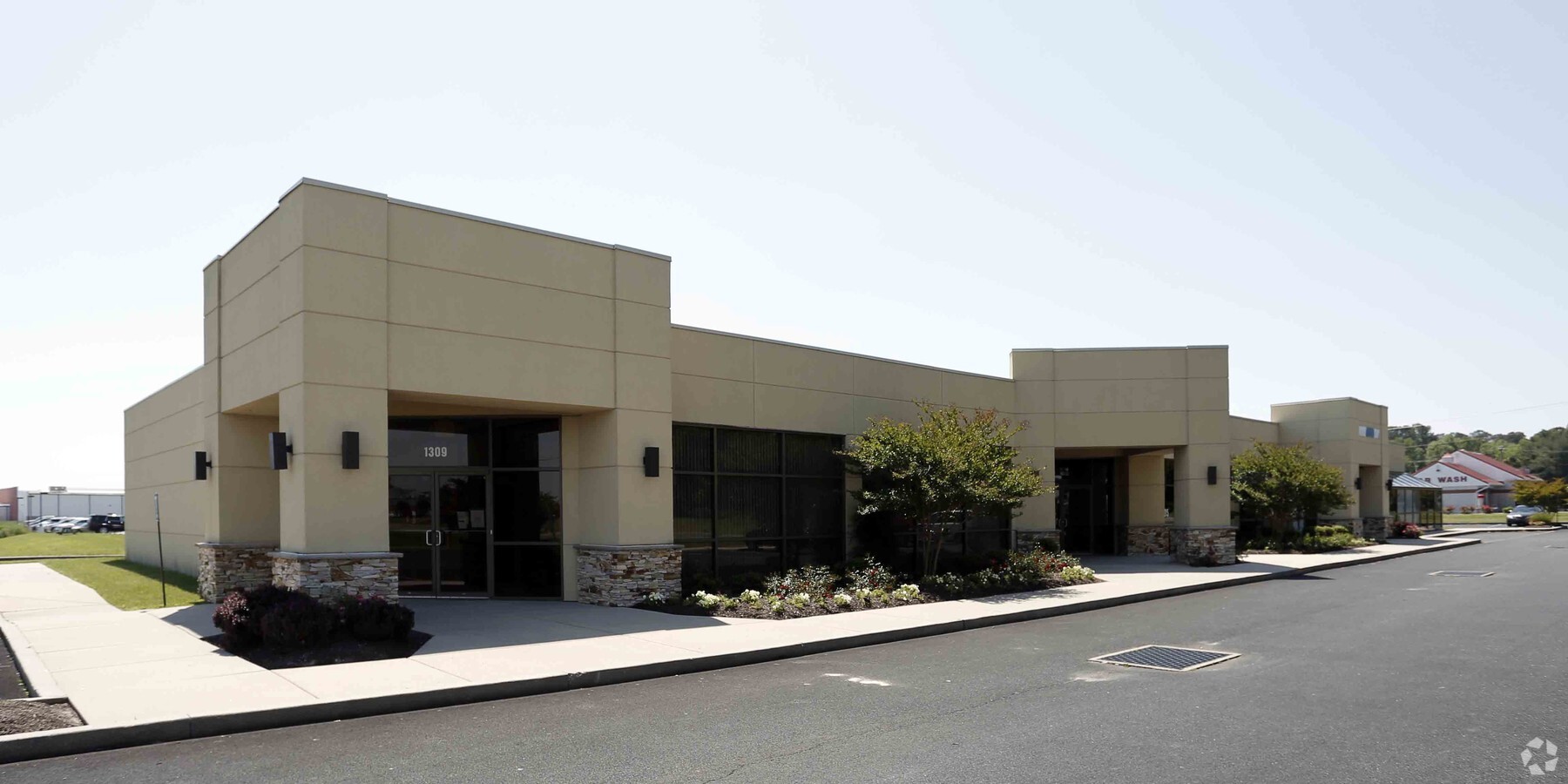 | Addiction Medical Facility, LLCAddiction Medical Facility, LLC is an addiction treatment center located at 1309 Bridgeville Hwy, Seaford, DE 19973, with a rating of 2.9 based on 18 Google reviews. Our facility is committed to providing comprehensive care and support for individuals struggling with substance use disorders. We offer a range of treatment options tailored to meet the unique needs of each client, focusing on recovery and the development of healthy coping strategies. Our dedicated team of professionals works collaboratively with clients to create personalized treatment plans that promote lasting change and a healthier lifestyle. At Addiction Medical Facility, we understand the challenges of addiction and are here to support individuals on their path to recovery. 1309 Bridgeville Hwy, Seaford, DE 19973 | Levels of Care:Inpatientoutpatient Payment Options:Medicaid Private insurance Self-Pay Options Financial Aid Medicare Military Insurance |  | |
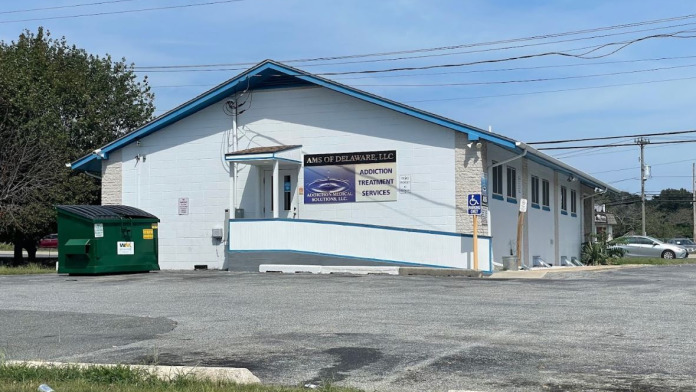 | AMS of DelawareAMS of Delaware, LLC is a dedicated addiction treatment center located at 20576 Coastal Hwy, Suite 101, Rehoboth Beach, DE 19971. With a rating of 4.2 based on 39 Google reviews, we specialize in providing comprehensive services for individuals struggling with substance use disorders. Our experienced team offers personalized treatment plans that address the unique needs of each client, combining evidence-based therapies with compassionate support. At AMS of Delaware, we are committed to fostering a safe and supportive environment that encourages healing and empowers individuals to reclaim their lives and achieve lasting recovery. 20576 Coastal Hwy Suite 101, Rehoboth Beach, DE 19971 | Levels of Care:InpatientoutpatientAftercare Support12-StepMedically Assisted DetoxIntervention Services Payment Options:Medicaid Private insurance Self-Pay Options Financial Aid Medicare |  | |
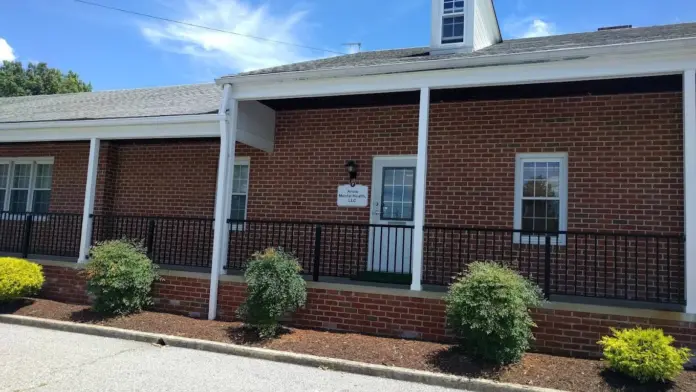 | Anew Mental HealthAnew Mental Health in Dover, DE, is dedicated to providing supportive mental health services to individuals seeking recovery and personal growth. Our organization offers a range of programs, including individual therapy, group counseling, and wellness workshops, all tailored to meet the unique needs of our clients. With a focus on compassionate care and holistic healing, our experienced team fosters a safe and nurturing environment that encourages self-discovery and resilience. At Anew Mental Health, we believe in the power of transformation and the importance of community support. Contact us today to learn more about our services and take the first step toward a brighter future. 819 S Governors Ave, Dover, DE 19904 | Levels of Care:Detoxoutpatient Payment Options:Medicaid Private insurance Self-Pay Options Financial Aid Medicare Military Insurance | ||
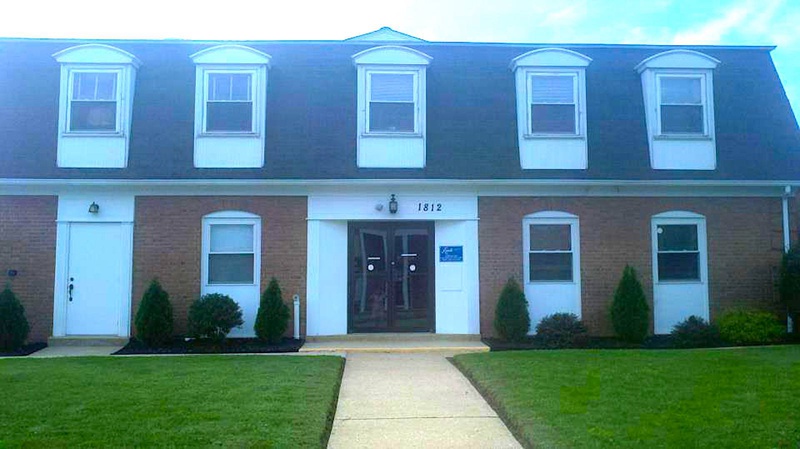 | Aquila - WilmingtonAquila Wilmington, located in Wilmington, Delaware, is committed to offering comprehensive support services for individuals and families in need. Our mission is to empower clients through personalized care, focusing on mental health, addiction recovery, and social services. Our experienced team utilizes evidence-based practices to create tailored programs that address the unique needs of each individual. At Aquila Wilmington, we strive to foster a compassionate environment where clients can find the resources, support, and guidance necessary for personal growth and recovery. Join us in our effort to make a positive impact in the lives of those we serve and the community at large. 1812 Newport Gap Pike, Wilmington, DE 19808 | Levels of Care:Inpatientoutpatient12-StepAftercare SupportIntensive Outpatient (IOP)Partial Hospitalization Program (PHP)Intervention Services Payment Options:Medicaid Private insurance Self-Pay Options Financial Aid Military Insurance |  | |
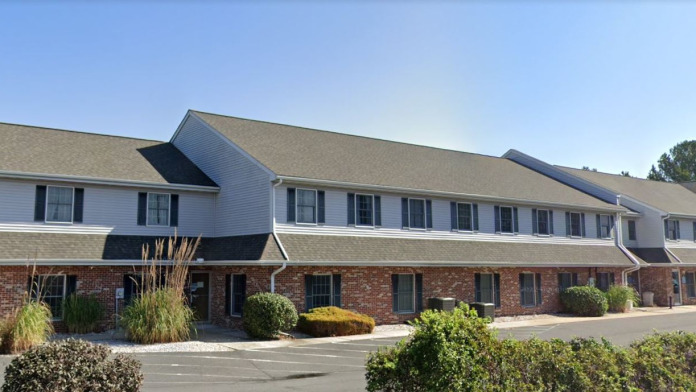 | Aquila GeorgetownAquila Georgetown in Georgetown, DE, is dedicated to providing compassionate recovery services that empower individuals on their path to wellness. Our facility offers a range of programs, including outpatient treatment, counseling, and support groups, all designed to meet the unique needs of our clients. With a focus on holistic healing and community engagement, our experienced team creates a supportive environment that fosters personal growth and resilience. At Aquila Georgetown, we believe in the power of recovery and the importance of a strong support network. Contact us today to learn more about our services and take the first step toward a brighter future. 20093 Office Circle Unit 207, Georgetown, DE 19947 | Levels of Care:Inpatientoutpatient Payment Options:Medicaid Private insurance Self-Pay Options | ||
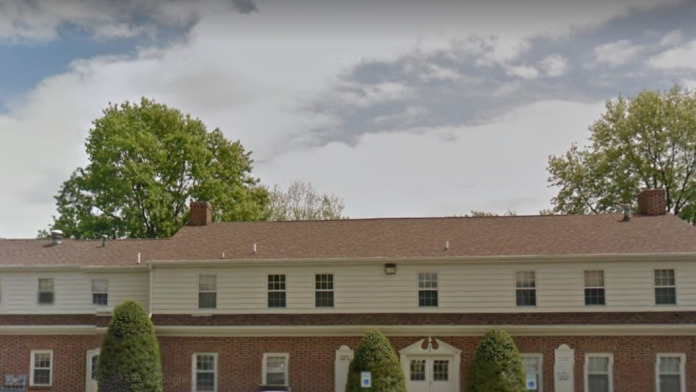 | Aquila of Delaware IncAquila of Delaware Inc is dedicated to providing comprehensive support services for individuals facing challenges related to mental health and substance use. Our organization focuses on empowering clients through personalized care, innovative programs, and a compassionate approach to recovery. We believe in the strength of community and the importance of nurturing each individual’s journey towards wellness. With a range of services designed to address both mental health and addiction issues, Aquila of Delaware Inc is committed to helping individuals build a brighter future. Closed: Please See Nearby Facilities | Levels of Care:outpatient Payment Options:Medicaid Private insurance Self-Pay Options Financial Aid Medicare Military Insurance | ||
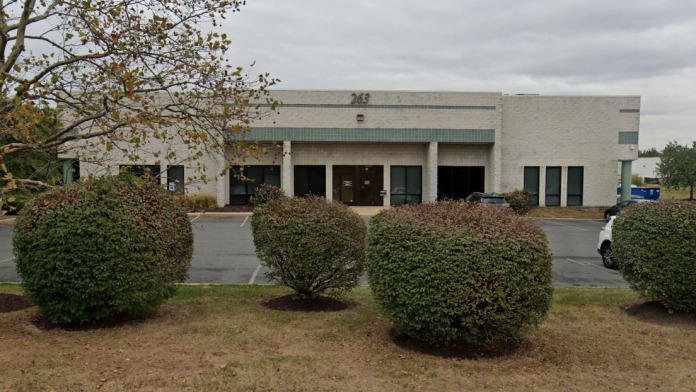 | ARS of New Castle (Addiction Recovery Systems)Addiction Recovery Systems, located at 263 Quigley Blvd Suite 1A, New Castle, DE, is a leading addiction treatment center with a strong rating of 4.4 based on 34 Google reviews. Our facility is dedicated to providing evidence-based treatment options for individuals struggling with substance use disorders. We offer a range of services, including individual and group therapy, counseling, and support programs tailored to meet the unique needs of each client. At Addiction Recovery Systems, we believe in empowering individuals to overcome their challenges and build a healthier, more fulfilling life through comprehensive care and a supportive community. 263 Quigley Blvd Suite 1A, New Castle, DE 19720 | Levels of Care:Intensive Outpatient (IOP)Inpatientoutpatient12-StepAftercare SupportSober Living Homes24-Hour Clinical CareMedically Assisted DetoxIntervention Services Payment Options:Medicaid Private insurance Self-Pay Options Financial Aid Medicare Military Insurance | 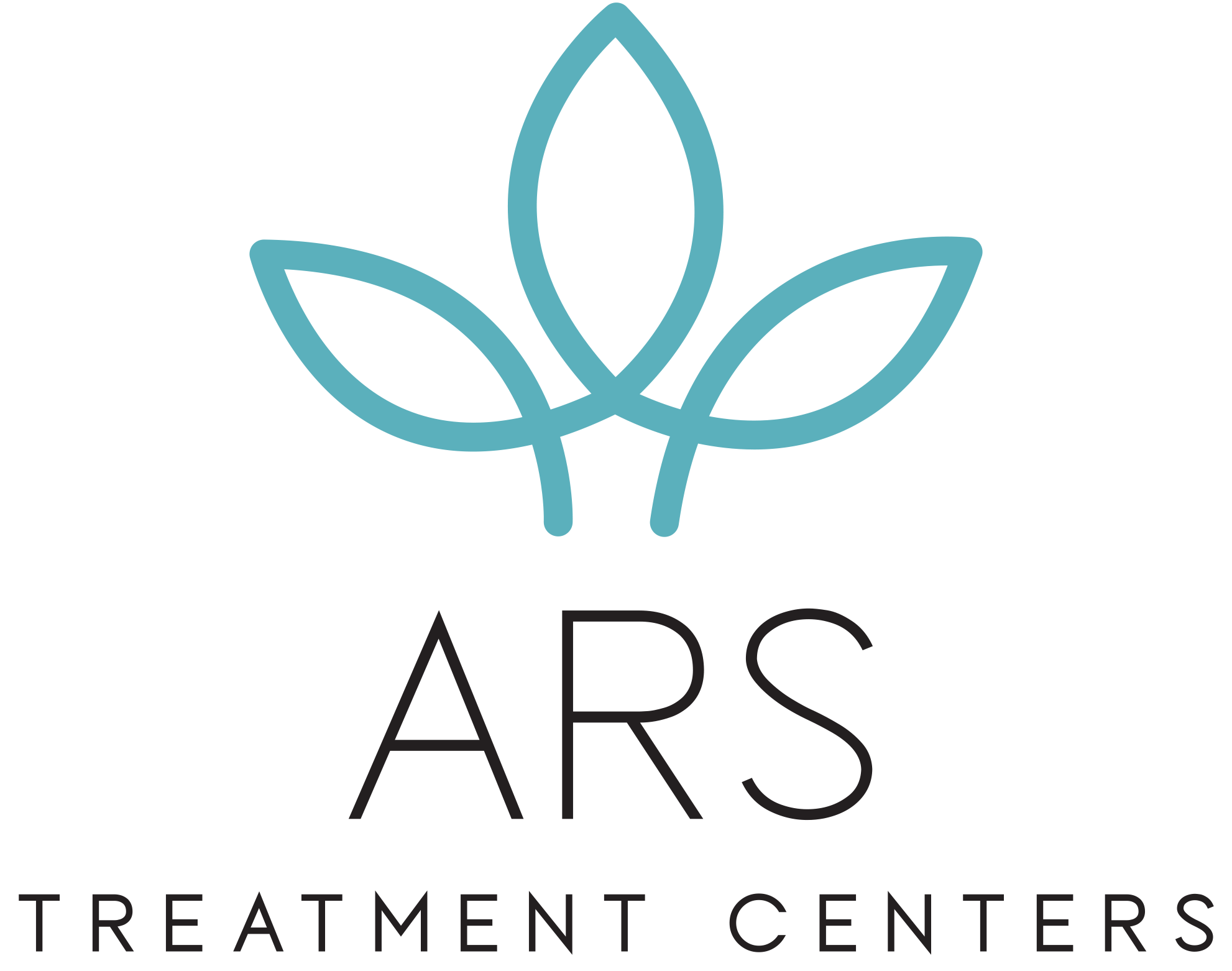 | |
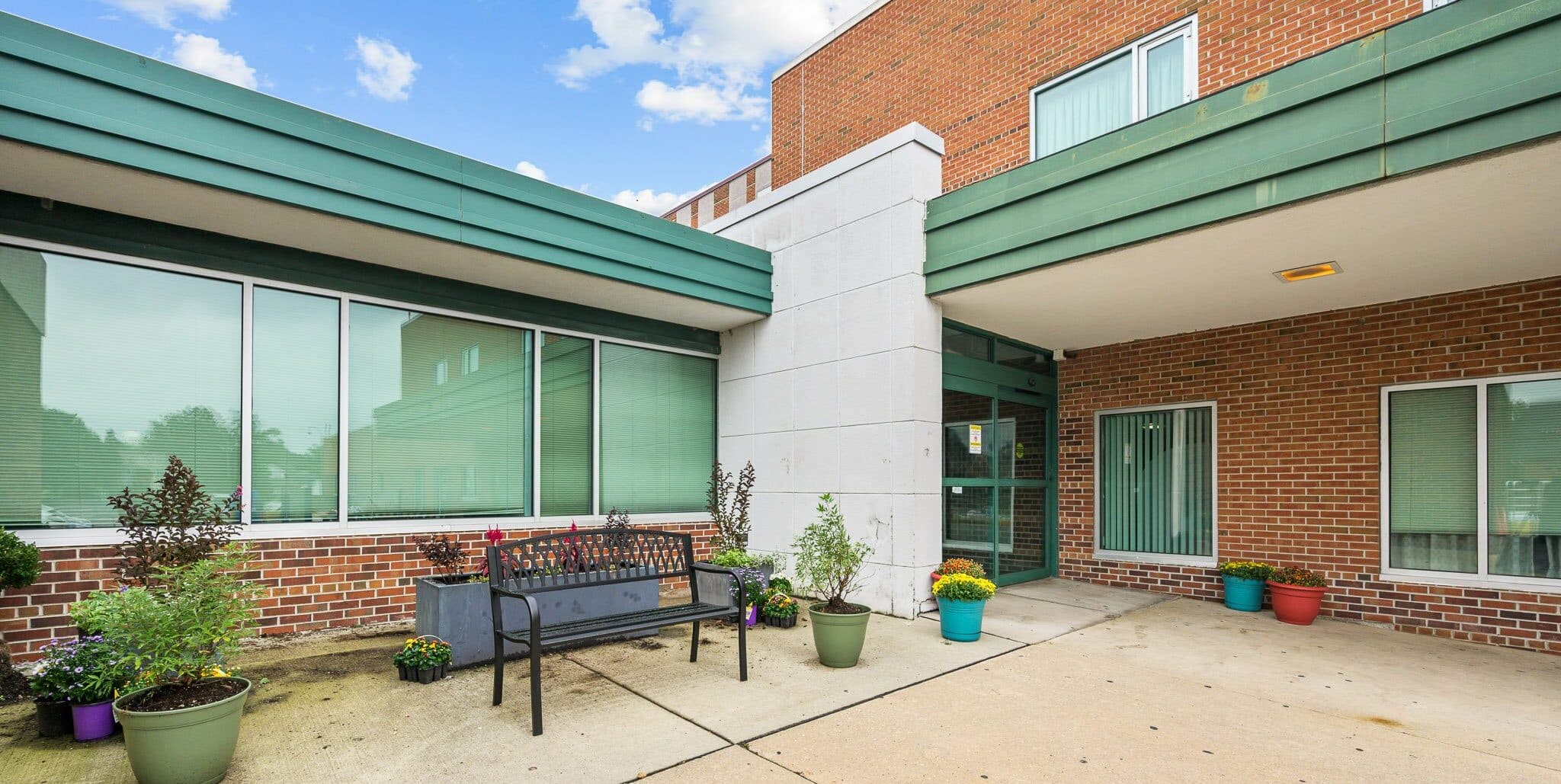 | Banyan DelawareBanyan Delaware is an addiction treatment center located at 21 W Clarke Ave, Suite 4001, Milford, DE 19963, boasting a rating of 4.6 based on 307 Google reviews. We specialize in providing comprehensive and personalized care for individuals struggling with substance use disorders. Our dedicated team of professionals is committed to creating a supportive environment where clients can access evidence-based treatment options tailored to their unique needs. At Banyan, we believe in empowering individuals on their journey to recovery, fostering resilience, and promoting a healthier lifestyle. We are here to guide our clients toward a brighter future free from addiction. 21 W Clarke Ave Suite 4001, Milford, DE 19963 | Levels of Care:Medically Assisted DetoxIntensive Outpatient (IOP)Partial Hospitalization Program (PHP)24-Hour Clinical Care Payment Options:Private Insurance Self-Pay Options |  | |
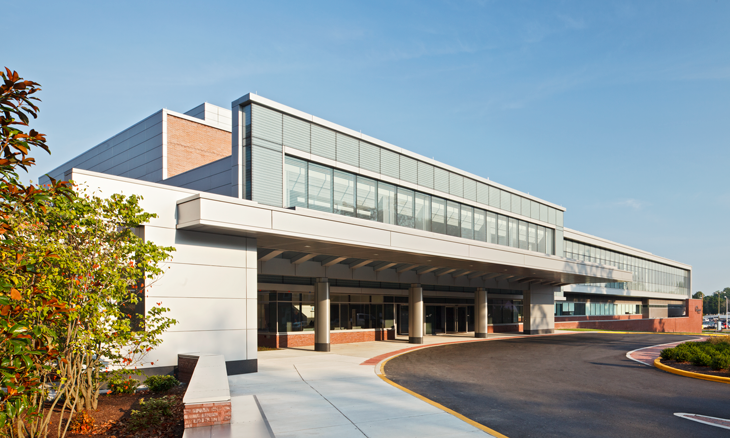 | Bayhealth Hospital, Kent CampusBayhealth Hospital, Kent Campus in Dover, DE, is dedicated to providing high-quality healthcare services to our community. Our state-of-the-art facility offers a comprehensive range of medical services, including emergency care, surgical services, maternity care, and specialized treatment options. With a focus on patient-centered care, our skilled team of healthcare professionals is committed to ensuring the well-being and comfort of each patient. At Bayhealth Hospital, Kent Campus, we believe in promoting health and wellness in our community. Contact us today to learn more about our services and how we can support your healthcare needs. 640 S State St, Dover, DE 19901 | Levels of Care:DetoxInpatientoutpatient Payment Options:Private Insurance Self-Pay Options Financial Aid Medicare Medicaid Military Insurance | ||
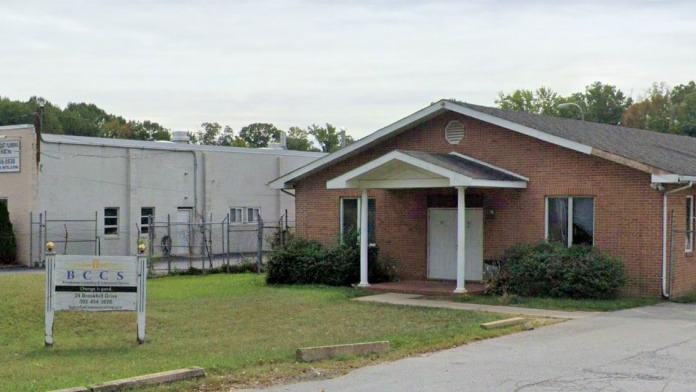 | Brandywine Counseling - South ChapelBrandywine Counseling is a dedicated mental health service provider located at 24 Brookhill Dr, Newark, DE 19702. With a rating of 3.1 based on 19 Google reviews, we offer a range of therapeutic services aimed at supporting individuals facing mental health challenges. Our experienced team is committed to providing personalized care in a supportive environment, tailored to meet the unique needs of each client. At Brandywine Counseling, we strive to empower individuals on their journey to emotional wellness and recovery, fostering resilience and personal growth. 24 Brookhill Dr, Newark, DE 19702 | Levels of Care:Intervention ServicesIntensive Outpatient (IOP)Medically Assisted Detoxoutpatient12-StepAftercare Support Payment Options:Medicaid Private insurance Self-Pay Options Financial Aid Medicare |  | |
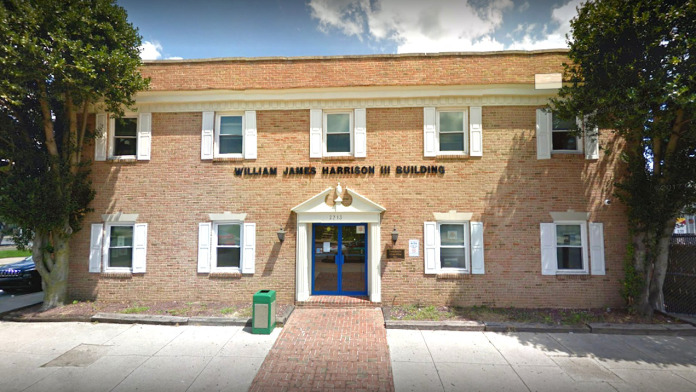 | Brandywine Counseling & Community Services (BCCS) | Lancaster AvenueBrandywine Counseling and Community Services, situated on Lancaster Avenue in Wilmington, Delaware, is dedicated to providing essential mental health and community support services. Our mission is to empower individuals and families by offering a range of programs, including counseling, addiction recovery services, and community outreach initiatives. With a focus on personalized care and evidence-based practices, our experienced team works collaboratively with clients to develop treatment plans that address their unique needs. At Brandywine Counseling and Community Services, we strive to create a supportive and compassionate environment where individuals can find hope, healing, and the resources necessary for lasting wellness and recovery. 2713 Lancaster Ave, Wilmington, DE 19805 | Levels of Care:Intensive Outpatient (IOP)outpatientMedically Assisted DetoxAftercare Support Payment Options:Medicaid Private insurance Self-Pay Options Financial Aid Medicare |  | |
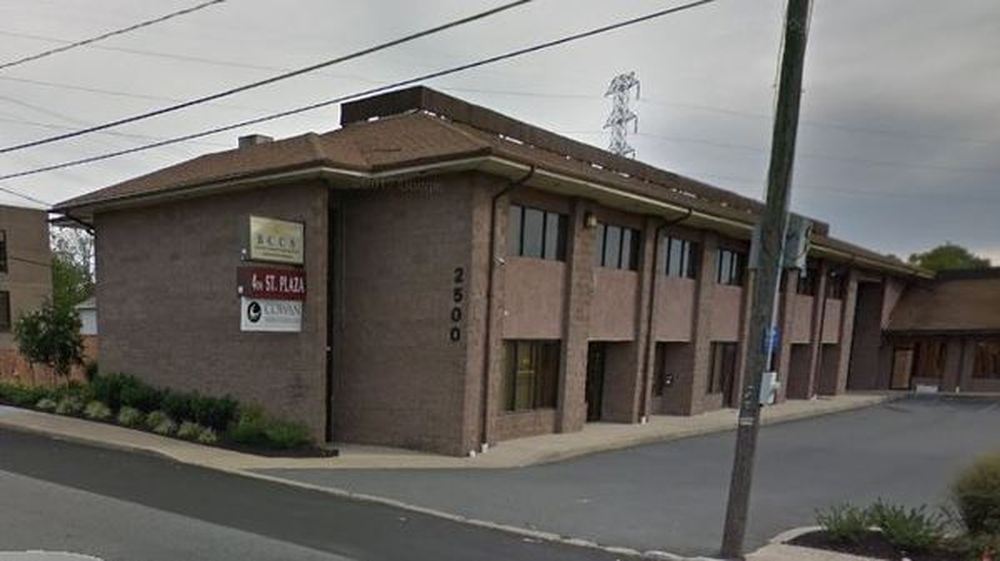 | Brandywine Counseling and Community ServicesBrandywine Counseling and Community Services in Dover, DE, is dedicated to providing compassionate support and mental health services to individuals and families in need. Our organization offers a variety of programs, including counseling, substance use treatment, and community outreach, designed to promote healing and personal growth. With a focus on respect and dignity, our experienced team creates a welcoming environment that encourages clients to thrive. At Brandywine Counseling and Community Services, we believe in the importance of community and the power of resilience. Contact us today to learn more about our services and how we can assist you on your journey to wellness. 698 S Bay Rd, Dover, DE 19901 | Levels of Care:DetoxInpatientoutpatient Payment Options:Private Insurance Self-Pay Options Financial Aid Sliding Scale Payment Assistance Medicare Medicaid Military Insurance | ||
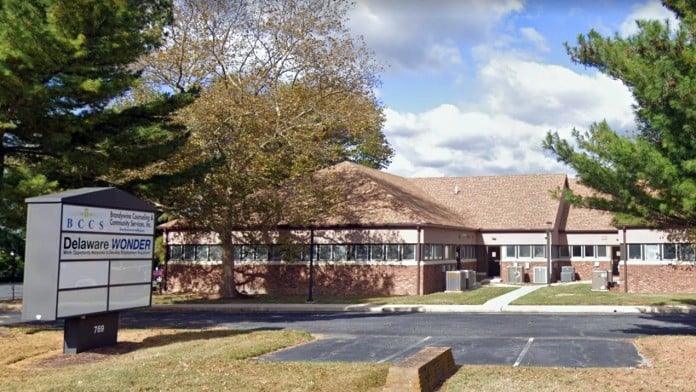 | Brandywine Counseling MilfordBrandywine Counseling Milford is an addiction treatment center located at 769 E Masten Cir, Suite 113/115, Milford, DE 19963, with a rating of 2.9 based on 18 Google reviews. We specialize in providing comprehensive treatment and support services for individuals struggling with substance use disorders. Our experienced team is committed to creating a compassionate and supportive environment, offering a variety of evidence-based treatment options tailored to meet the unique needs of each client. At Brandywine Counseling, we believe in empowering individuals on their path to recovery and helping them build a foundation for a healthier, more fulfilling life. 769 E Masten Cir suite 113/115, Milford, DE 19963 | Levels of Care:Medically Assisted DetoxIntensive Outpatient (IOP)Inpatient12-StepAftercare SupportIntervention Services Payment Options:Medicaid Private insurance Self-Pay Options Financial Aid Medicare Military Insurance |  | |
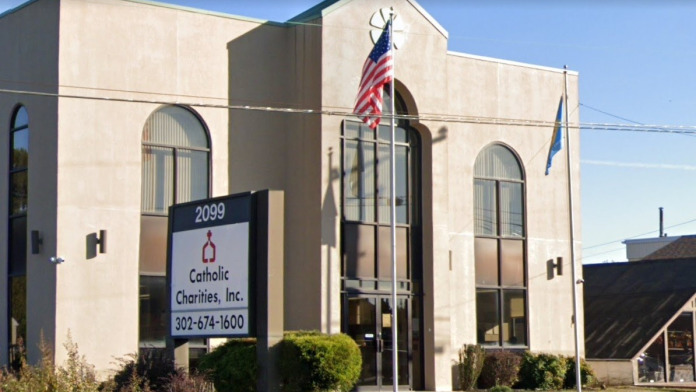 | Catholic CharitiesCatholic Charities in Dover, DE, is dedicated to providing compassionate support services to individuals and families in need. Our organization offers a variety of programs, including food assistance, housing support, mental health services, and community outreach, all designed to uplift and empower those we serve. With a focus on dignity and respect, our experienced team works tirelessly to create a welcoming environment that fosters hope and healing. At Catholic Charities, we believe in the power of community and the importance of helping others. Contact us today to learn more about our services and how we can assist you or your loved ones. 2099 S Dupont Hwy A, Dover, DE 19901 | Levels of Care:outpatient Payment Options:Private Insurance Self-Pay Options Medicare Military Insurance Medicaid | ||
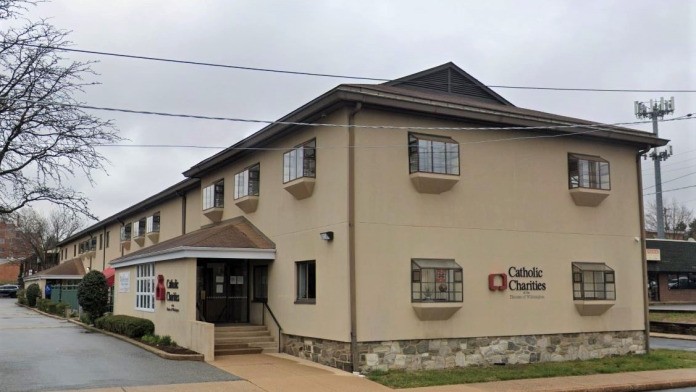 | Catholic Charities - Wilmington, DECatholic Charities provides an outpatient drug and alcohol treatment program for adults in Wilmington, Delaware. Their comprehensive rehab services include behavioral counseling, outpatient treatment, pregnancy and postpartum addiction support, referrals, CADC training, outreach, and early intervention. They offer various payment options, including insurance, sliding scales, and funding/free services. 2601 W 4th St, Wilmington, DE 19805 | Levels of Care:outpatient Payment Options:Medicaid Private insurance Self-Pay Options Financial Aid Medicare Military Insurance | 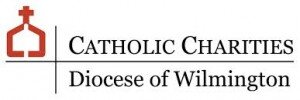 | |
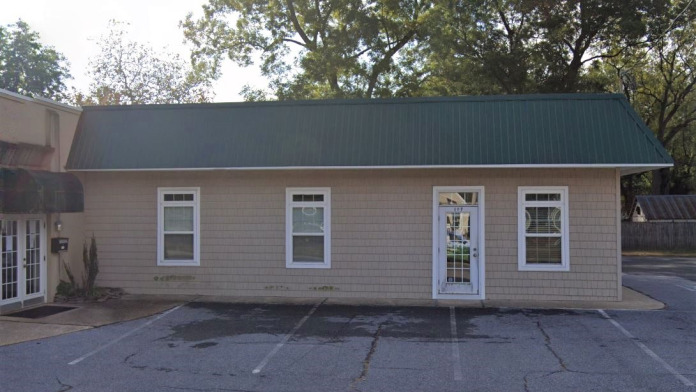 | Chimes - Holcomb Behavioral Health SystemsChimes – Holcomb Behavioral Health Systems, located at 107 Pennsylvania Avenue, Seaford, DE 19973, specializes in providing substance and alcohol abuse treatment for children, teens, and adults. Our dedicated team is committed to creating a supportive and healing environment, offering a range of evidence-based treatment options tailored to meet the unique needs of each client. We believe in empowering individuals and families through education, support, and personalized care, helping them navigate their recovery journeys. At Chimes Holcomb, we strive to foster resilience and promote mental wellness across all age groups, ensuring that every individual has access to the resources they need for a healthier future. Pennsylvania Avenue 107 Seaford, DE 19973 | Levels of Care:Intensive Outpatient (IOP)Inpatientoutpatient Payment Options:Medicaid Private insurance Self-Pay Options Financial Aid Medicare Military Insurance | ||
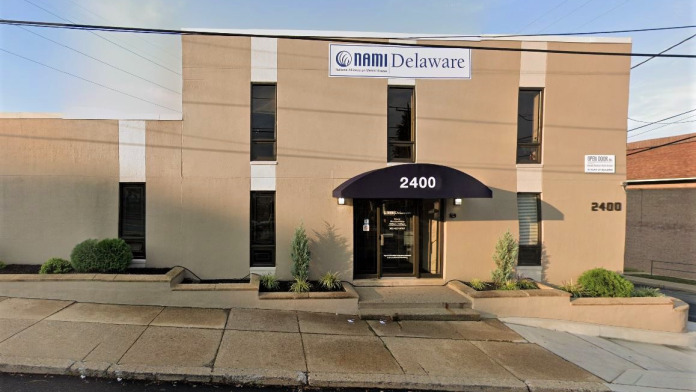 | Chimes - Holcomb Behavioral Health SystemsChimes Holcomb Behavioral Health Systems, located in Wilmington, Delaware, is dedicated to enhancing the mental health and well-being of individuals and families through a variety of support services. Our mission is to empower clients by offering personalized care, including counseling, rehabilitation, and community outreach programs. We strive to create a compassionate and inclusive environment where individuals can find the resources they need to achieve their mental health goals. At Chimes Holcomb Behavioral Health Systems, we believe in the power of collaboration and community engagement to foster resilience and recovery in those we serve. 2400 W. 4th Street, Wilmington, DE 19805 | Levels of Care:Intensive Outpatient (IOP)outpatientInpatient Payment Options:Medicaid Private insurance Self-Pay Options Financial Aid Military Insurance |
Find Delaware drug rehabs in cities near you or sort by letter.
For anyone seeking help for addiction for themselves or a loved one calls to Addiction Helpline America are completely confidential and available 24/7.
Please note: any treatment center listed on our site that receives calls is a paid advertiser.
Calls to a specific treatment center’s listing will be connected directly to that center.
Calls to our general helpline will be answered by treatment providers, all of whom are paid advertisers.
By calling the helpline, you agree to our terms and conditions. These calls are free of charge and carry no obligation to enter treatment. Neither Sober Steps nor anyone answering your call receives a commission or fee based on your choice of treatment provider.
If you’d like to explore additional treatment options or connect with a specific rehab center, you can browse our top-rated listings, visit our homepage, or call us at (844) 561-0606. You may also contact us for further assistance.
Calls to any general helpline will be answered or returned by one of the treatment providers listed, each of which is a paid advertiser:
Our helpline is available 24 hours a day, 7 days a week at no cost to you and with no obligation for you to enter into treatment. We are committed to providing support and guidance whenever you need it.
In some cases, Addiction Helpline America charges our verified partner a modest cost per call. This fee helps us cover the costs of building and maintaining our website, ensuring that we can continue to offer this valuable service to those in need.